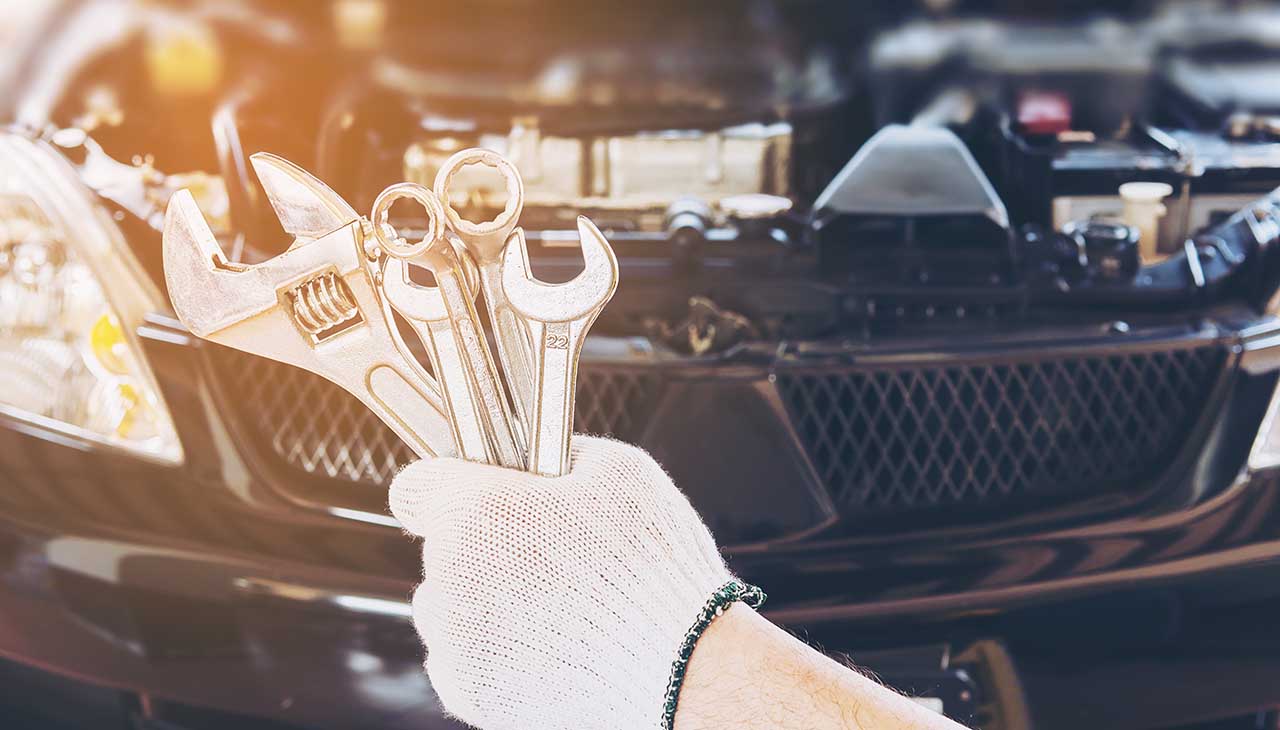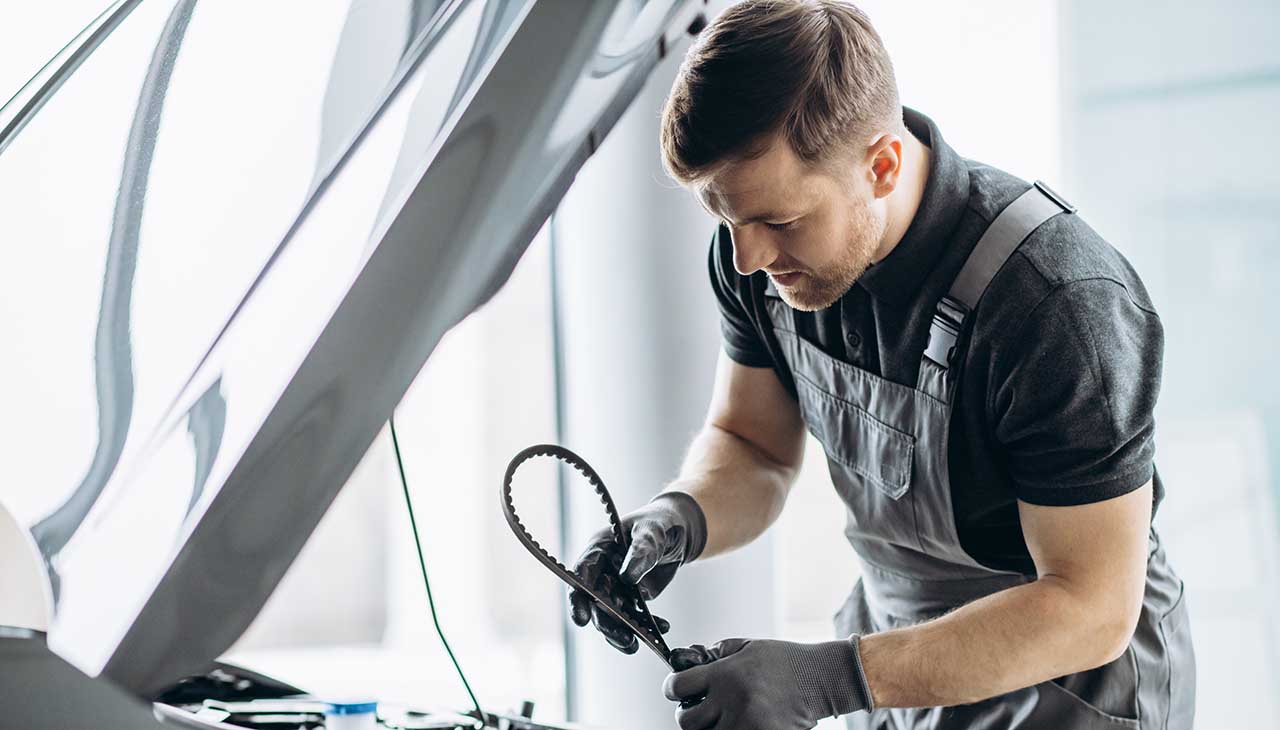Whether you are a dedicated home mechanic or simply someone who wants to keep their vehicle in tip-top shape, understanding how to identify and address mechanical issues is crucial. Not only can quick diagnostics save you from headaches on the road, but they can also prevent costly repairs down the line.
In this comprehensive guide, we will explore the common mechanical issues that might be lurking in your car or home equipment, how to detect them, the importance of swift action, and offer reliable advice for both DIY enthusiasts and those moments when professional help is indispensable.
Through this post, we aim to equip car owners and home mechanics with the knowledge they need to deal with mechanical issues effectively, enhancing safety and possibly even saving some money. If you’re ready to take the wheel on your vehicle’s health (no pun intended), then buckle up as we rev up the solutions to your potential mechanical dilemmas.
Common Mechanical Issues in Cars and Home Equipment
Vehicles: The Top Troubles on the Road
When it comes to cars, certain issues seem to be fairly consistent across makes and models. These can include:
- Overheating: A red flag for the cooling system’s problems, which could be anything from a simple coolant leak to a failing water pump.
- Worn Out Brakes: These are not just a nuisance but also a significant safety risk. Prolonged squeaking could indicate it’s time for a brake pad replacement.
- Battery Drains: Often marked by the telltale sign of a sluggish start. While a malfunctioning battery is common, it could also implicate the alternator.
- Oil Leaks: An oil leak is a strong indication that maintenance is overdue. It could be due to a damaged seal, gasket, or even a cracked engine block.
- Electrical Issues: From flickering lights to a dead central locking system, these problems can derive from a wide range of sources, including the bane of modern vehicles, the often complex vehicle electronics.
Household Equipment: Subtle Signs of Dysfunction
Home equipment can also have its own set of common problems that are worth paying attention to, such as:
- HVAC System Malfunctions: Signs include inconsistent heating or cooling and an unusual spike in energy bills, possibly indicating the need for a new filter or a more substantial repair.
- Appliance Operation Noise: From the washing machine to the fridge, odd or loud noises can signal an imminent breakdown and should be addressed promptly.
- Plumbing Leaks: Often more visible, these leaks can result in additional damage to the surrounding area if not repaired quickly, potentially leading to mold or costly structural repairs.
- Electrical Outlets or Switches: Flickering lights or non-operational electrical features can indicate a potential fire hazard. Professional attention is crucial for these issues.
How to Identify Mechanical Issues
Recognizing mechanical issues can often be an intuitive process, given the clues your car or home environment offer. Here is a step-by-step guide on what to look for:
Visual Inspections
- Leak Check: Begin by scanning under your vehicle or appliance for any sign of fluid or water. Different colors and viscosities can help you identify specific leaks and their causes.
- Physical Wear and Tear: Observe for any rust, loose parts, or wires. These can lead to mechanical failure if not addressed promptly.
Listening for Problems
- Strange Noises: Every car and appliance has its own set of sounds, but new or unusual noises can be indicative of problems.
- Timing: Pay attention to when these noises occur. For instance, if you notice a rattling only when you accelerate or brake, it could be related to your exhaust or braking system.
Feeling for Abnormalities
- Vibrations: Off-kilter shaking or wobbling that you can feel while driving or using an appliance could signal the need for repairs or balance adjustments.
- Temperature Changes: Sudden increases in heat or cold within your vehicle or home could point to failing systems.
The Importance of Timely Action
The sooner you recognize and address mechanical issues, the better. Swift action can:
- Save Money: Preventing a small problem from escalating can save you from a large repair bill. Ignoring a warning light could result in engine damage that is far more costly.
- Enhance Safety: Many mechanical issues are not just financial risks but also safety concerns, such as brake malfunctions, that could lead to accidents.
- Maintain Performance: Keeping your vehicle or equipment in good condition ensures they operate at their optimal level, providing efficient performance.
DIY Fixes for Common Mechanical Issues
Some issues can be resolved without the need for a professional, including:
- Changing the Air Filter: An easy procedure that increases fuel efficiency and prolongs engine life in cars.
- Fixing a Flat Tire: A vital skill that every driver should possess. In the home, this might consist of resealing a leaky joint on a plumbing fixture.
- Replacing Light Bulbs: A common issue that often gets overlooked but is easily corrected.
However, it’s important to know when the problem is beyond your expertise. Attempting to fix an issue that requires advanced knowledge or tools can be dangerous and may lead to more severe damage.
When to Seek Professional Help
There are times when the wisest course of action is to defer to a professional, who can provide:
- Expertise: Years of training and experience allows a professional to quickly and accurately diagnose issues.
- Safety: Certain repairs require handling of hazardous materials or high voltage, best left to those with the proper safety gear and knowledge.
- Warranty Considerations: For newer vehicles and home equipment, repairs by unauthorized persons can void the warranty.
Conclusion
With these tips and knowledge in hand, you are well-equipped to take charge of your vehicle’s and home equipment’s maintenance. Remember, being proactive about identifying and addressing mechanical issues is a sign of a responsible owner and can significantly contribute to your safety, peace of mind, and financial well-being. Whether through DIY remedies or through the expertise of professionals, staying vigilant about your mechanical health is a task worthy of your time and effort. You can now steer clear of the most common pitfalls and triumph over the road or home with confidence and ease.


